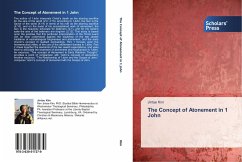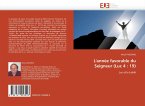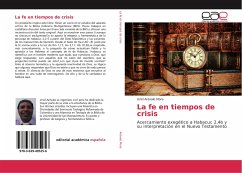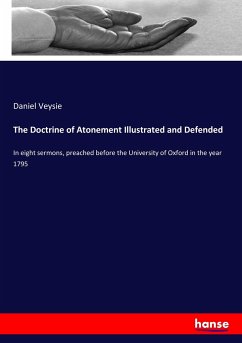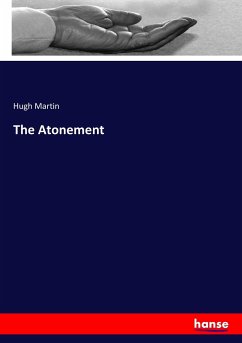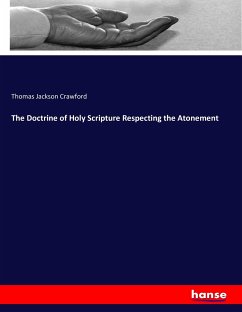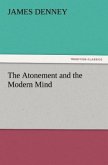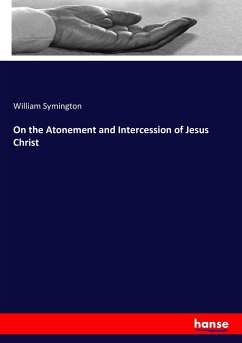The author of 1John interprets Christ s death as the atoning sacrifice for the sins of the world (2:2; 4:10). According to 1John, the Son is the Savior of the world (4:14) in terms of his role as the atoning sacrifice (4:10), and on the basis of his accomplished work of atonement, the Son is the heavenly advocate for believers (2:1), and for his name s sake the sins of the believers are forgiven (2:12). This study is based upon the premise that this particular interpretation of the Christ event can be best understood against the backdrop of the two Jewish traditions of eschatological forgiveness and atonement, and the early church s concept of realized eschatology. Part 1 focuses upon the hermeneutical milieu of the use of the atonement themes in 1John. Part 2 draws together the elements of the two Jewish expectations, and uses them to elucidate the treatment of atonement and forgiveness in 1John. An excursus, The concept of Atonement in Early Rabbinic Thought, provides a point of comparison with 1John s concept of atonement. Another excursus, The Relationship of 1John and the Gospel of John, compares 1John s concept of atonement with the Gospel of John.
Hinweis: Dieser Artikel kann nur an eine deutsche Lieferadresse ausgeliefert werden.
Hinweis: Dieser Artikel kann nur an eine deutsche Lieferadresse ausgeliefert werden.

